How do you design and build a green home on a very small budget?
What would be the best house design financially, and would weather the Canadian climate, and cost of this. I am starting again in life and I am doing Renovation at college (at age 47) which covers sustainable construction. I liked the earthship idea but have read the flaws in Canada, I just like the thought of it kind of running itself.
I have no money yet but need a goal to get there because I am quickly ageing, quicker than everyone else it seems. I have covered passive solar on my college program just to mention that. I would love it if some one would say this is what you need, get the land and it'll cost $100k, get saving!! At least then I would have an image of where to head. I am currently renting a room in Burlington, Ontario.








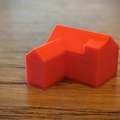

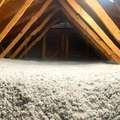
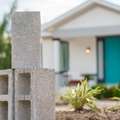


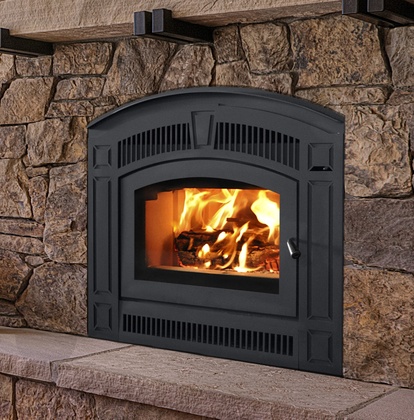



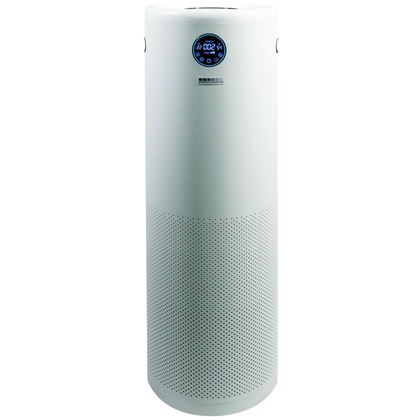

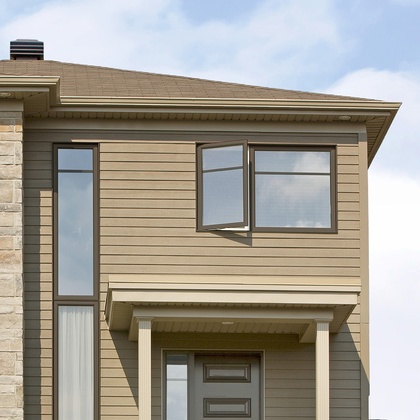




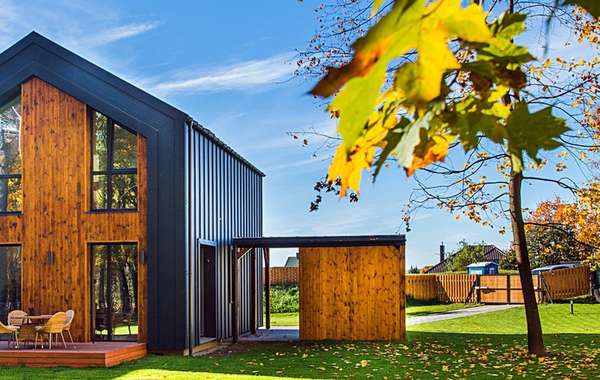
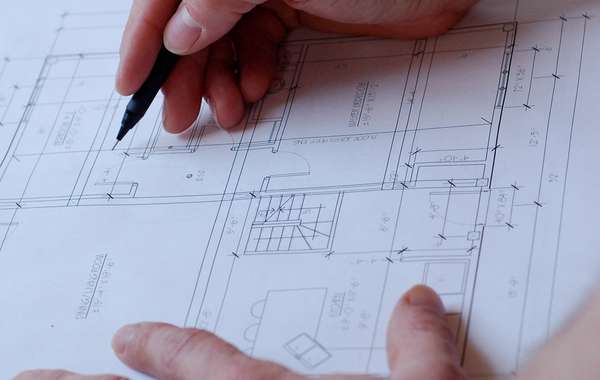
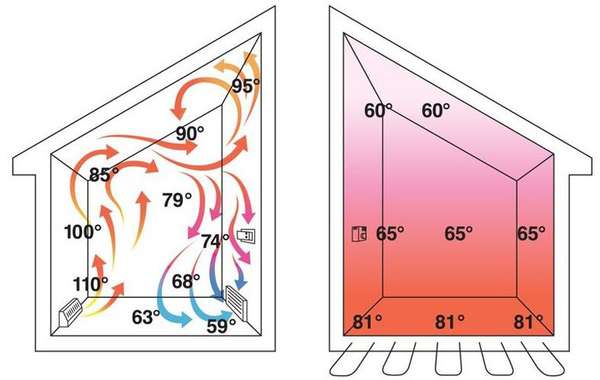
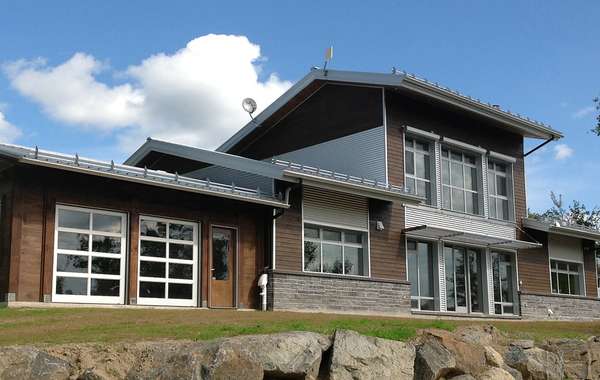
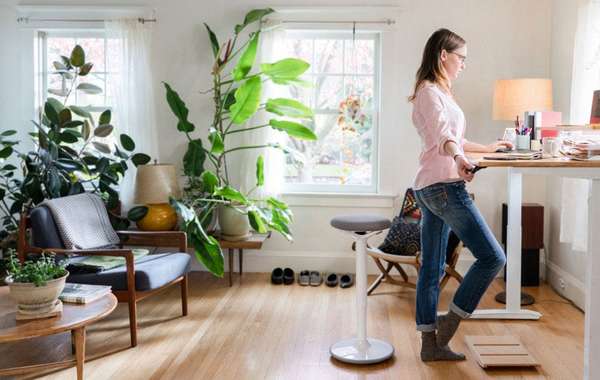
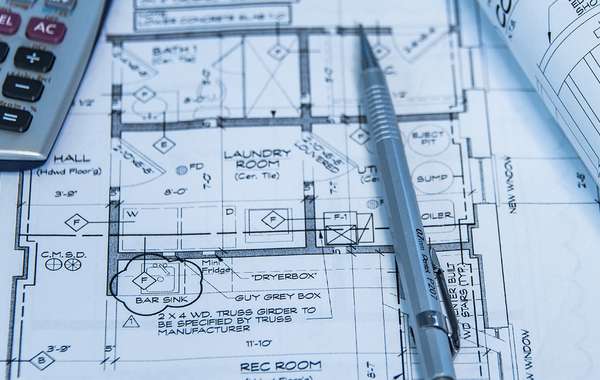
There are a lot of 'soft costs' that first time builders may not immediatetly consider - design and obtaining building plans, septic plans, permits and such, so you need to be really focused when initially designing to keep costs at a bare minimum. These pages would be the best place to start -
Top Tips for Building Sustainable Green Homes on a Budget
How to Stay on Budget When Building a Home
And for general design ideas, I’d say you are better off starting with a slab on grade and not a basement, and to build the slab yourself if you can. It will likely be cheaper than a (properly built*) full basement foundation, and a polished concrete floor is about as cheap a finished floor surface as you can get and very durable.
And very importantly, keep it as small as possible at first, but design it in a way that you can easily add onto it if you need more space in the future (see the flexible housing page below). Typically builders will say a home costs about $200-$225 per square foot (though that varies by region), sometimes it will be a lot more, and if you’re careful and do a lot yourself then sometimes quite a bit less. It’s a matter of how complicated the design is, how expensive the materials you choose are, and labour.
I would also try to use salvaged materials as much as possible, that will help save a lot of money. Start looking now on used material websites (linked below) to see what sort of stuff shows up regularly. This may help you a bit with design and to keep you motivated as well. So, to answer your question, save as much as you can but it is possible to do it with 100K if you don’t have to purchase land (and ideally not have to install a septic system or dig a well) so start saving. Below are a few links that I think will help you achieve your goals, good luck Paul!